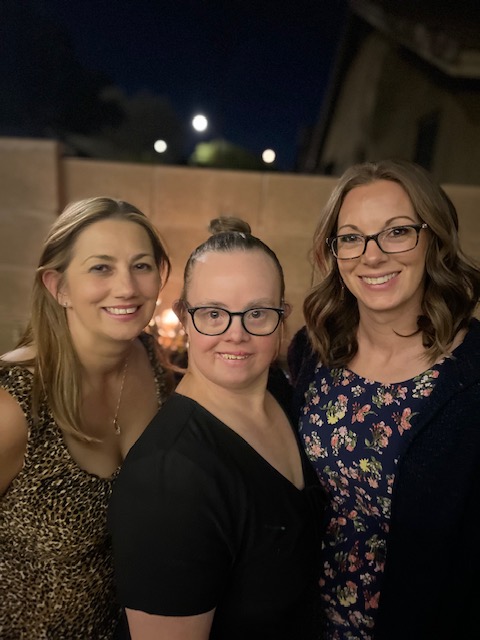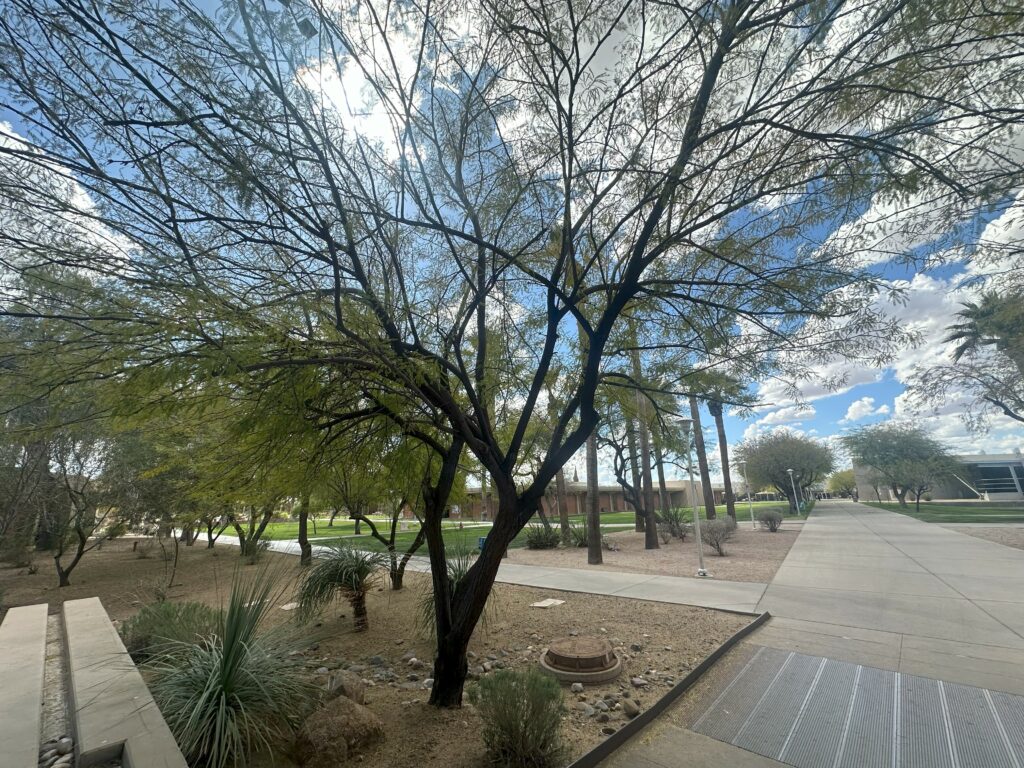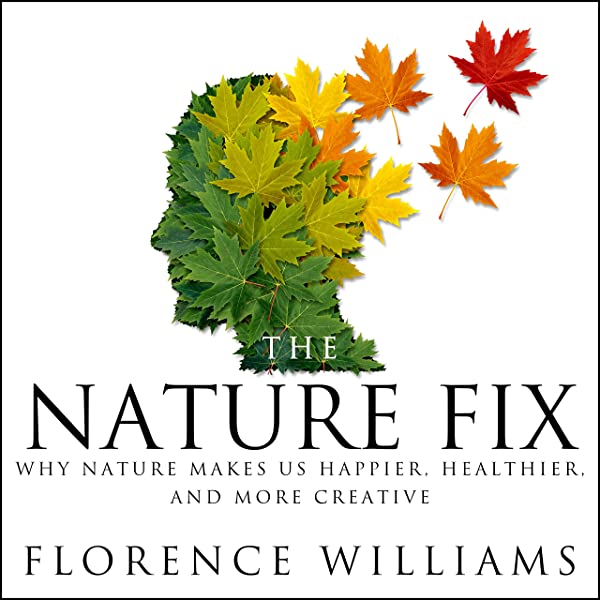When asked about someone who I feel was exemplary in teaching, learning, or student success, I immediately think of my high school Political Theory teacher. His name was Jack Wallace. As high school seniors, we probably should have called him Mr. Wallace, but for some reason we just called him Jack. We loved that and I think he did too.
Political Theory was a seniors-only class that I had looked forward to attending since I started high school. Why? Because it was considered a “hard” class and my friends and I were overly competitive and loved an academic challenge. (Full Disclosure: Throughout high school, these friends and I were collectively referred to as “those smart kids who didn’t party” at a time when the Beastie Boys were encouraging all of us to “Fight for our Right, to Parrrrrtyyyyy!” We were Type A and nerdy and damn if we didn’t love a good political argument on a Friday night.)
As a student in Jack’s class, I was pushed academically, but I also felt seen and respected for wrestling with big, complex ideas. He didn’t deride us when we used rationale based on emotion or our parents’ ideals rather than independent, well-reasoned arguments based on research. He used humor to push us to challenge our biases and assumptions. He’d periodically and energetically shout out “Socialism is the halfway house to Communism!” and “America! Love it or leave it!” I knew he didn’t ascribe to either idea, but that was beside the point. He wanted us to interrogate our own viewpoints by developing a mindset of curiosity and critical thinking.
More than anything, I knew that I did not want to disappoint Jack. I deeply respected him because he designed his course in a way that showed he respected us. I pushed myself and I took risks by speaking up in class even though I was usually fearful of being wrong in front of my peers. Because of Mr. Jack Wallace, I know what it feels like to be encouraged and celebrated as a learner. As I look back on my years as an instructor, I hope that I was able to create a learning environment in which students could be academically challenged, feel safe enough to be vulnerable, and above all be celebrated for trying. Thanks, Jack.








